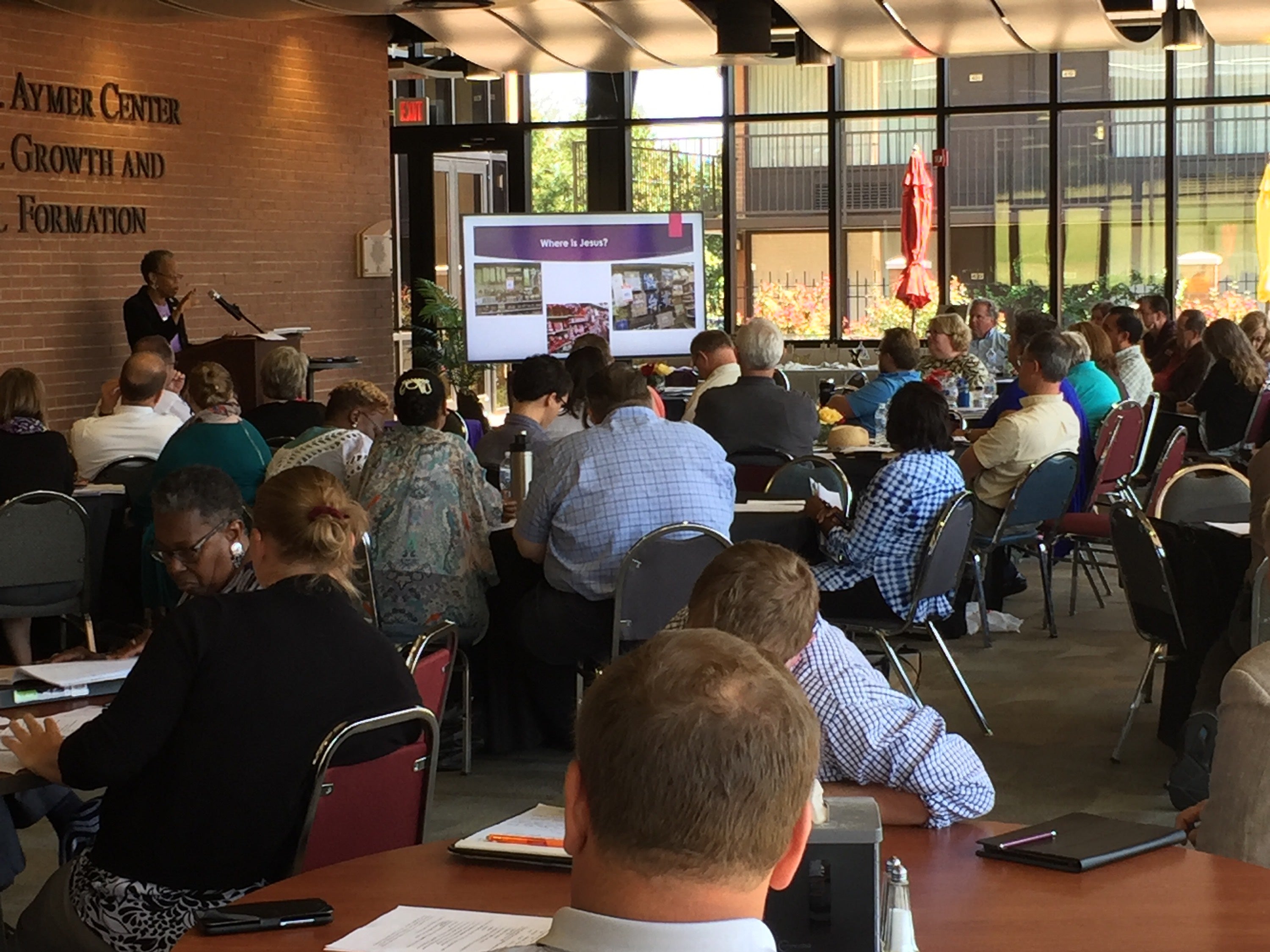Hood Theological Seminary awarded $1 million grant
Published 8:20 pm Thursday, September 3, 2020

- Photo submitted – Adjunct Christian Education Professor Mary Love teaching a class at Hood Theological Seminary pre-COVID-19.
SALISBURY – Hood Theological Seminary, one of six historically Black theological institutions in the country, has been awarded $1 million in grant funding from the Lilly Endowment, an private philanthropic organization that supports “religion, education and community development.”
Seminary President Vergel Lattimore said the funding, announced this week, is a game-changing and a lifeline for the graduate institution, which serves about 130 students.
“Historically Black institutions struggle,” Lattimore said. “They struggle to have economic parity in society and in this economy. So, that’s been a challenge funneled from the existence of this country.”
But Lattimore said $1 million to any education institution amid the COVID-19 pandemic is significant. At Hood, the grant will help the institution fund scholarships, an endowed faculty chair, update its technology resources, make improvements to its buildings, campus safety and take on deferred maintenance.
John Everett, the seminary’s director of institutional advancement and enrollment management, said the college has worked with Lilly before and been awarded $250,000 and $500,000 grants. Everett said Lilly has been trying to advance historically Black theological institutions for the previous few years.
If it were not for the grant, Everett said, several areas would have been left deserted.
“Being able to have a large number of scholarships available for our students is paramount to the longevity of the seminary to to success,” Everett said, adding professorships and scholarships are a focus of institutions that maintain themselves for the long haul.
But for Hood that long haul will extend an already history-filled institution. The seminary was founded more than 135 years ago and spent most of its history as part of Livingstone College.
Lattimore said institutions who have done well started with enormous resources, but support from alumni helps in the long term.
Lattimore said support for the institution’s merit and needs-based financial assistance programs help it stay competitive by aiding recruitment of talented students and maintaining a faculty.
The seminary has new technology costs associated with COVID-19 as well. There are more than hardware purchases to consider. The seminary also began using Canvas, a popular learning management system, which has a cost associated with it as well.
The seminary transitioned all online for the previous, spring semester and opted to return to the online format for the fall. Lattimore said the seminary had to figure out a way to meet the needs of its students during the COVID-19 pandemic.
The seminary is a graduate institution and only offers master’s and doctoral programs. Lattimore said many of the students are already working in ministry, working in other fields, felt a call to ministry later in life and already have families.
One challenge for the institution was making the pivot to online. Lattimore said the transition can be fatiguing for students, and making that jump bearable for students was important. Enrollment at the seminary is up.
Lattimore said the seminary produces leaders who then go out and benefit communities. He said the institution tries to model for leaders who can speak to pain, diversity and loss, but be hopeful.
“This is a great country, but yet it’s not perfect and it wasn’t founded to be perfect,” Lattimore said. “But you need leaders, and I think spiritual leaders or leaders with spirituality, who can help persons be civil and be caring toward each other.”
The seminary is historically Black, and its primary affiliation is the AME Zion Church. However, it now serves students from all ethnicities and is one of a handful of theological institutions in the state that is accredited to educate students preparing for ordainment with the United Methodist Church.




